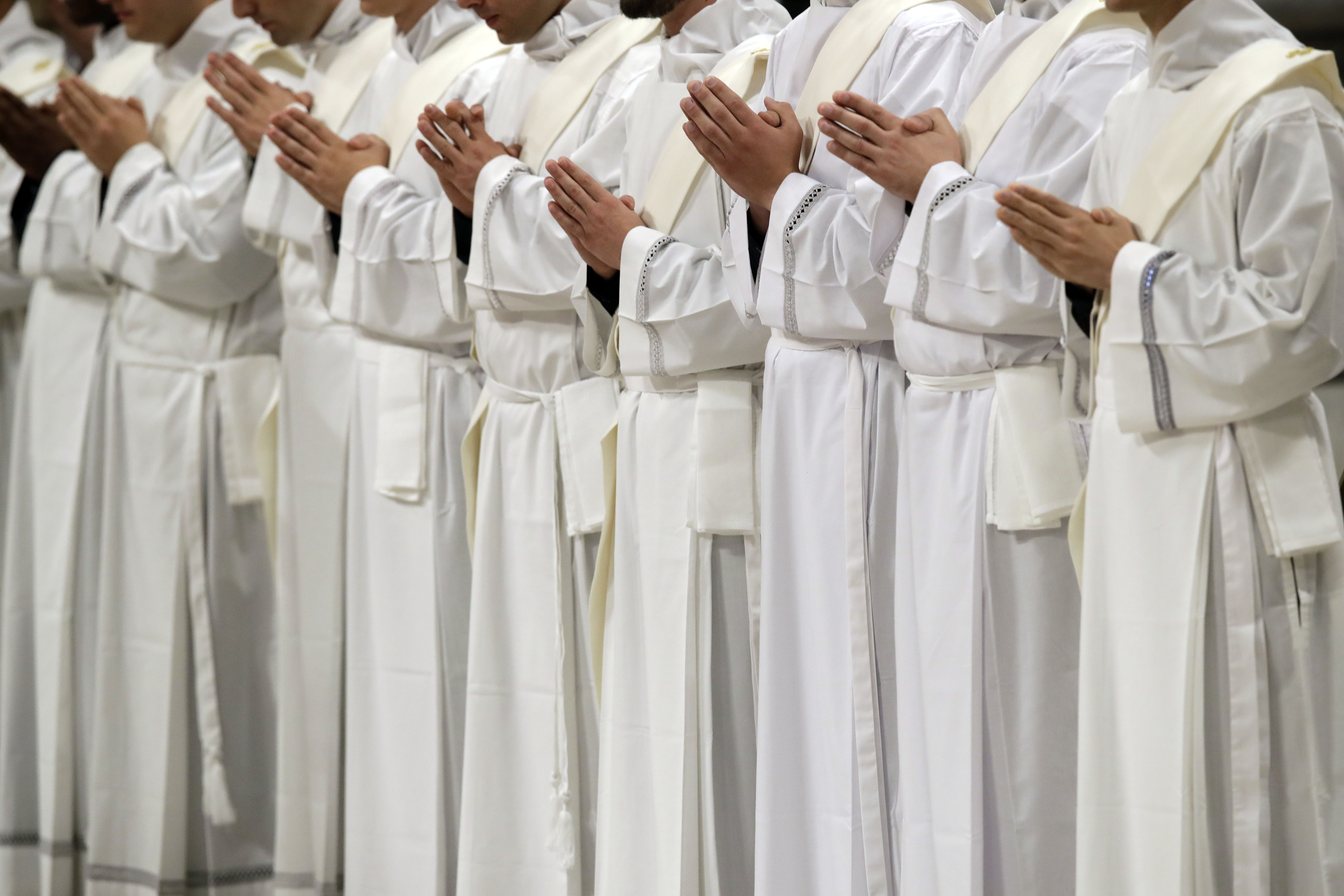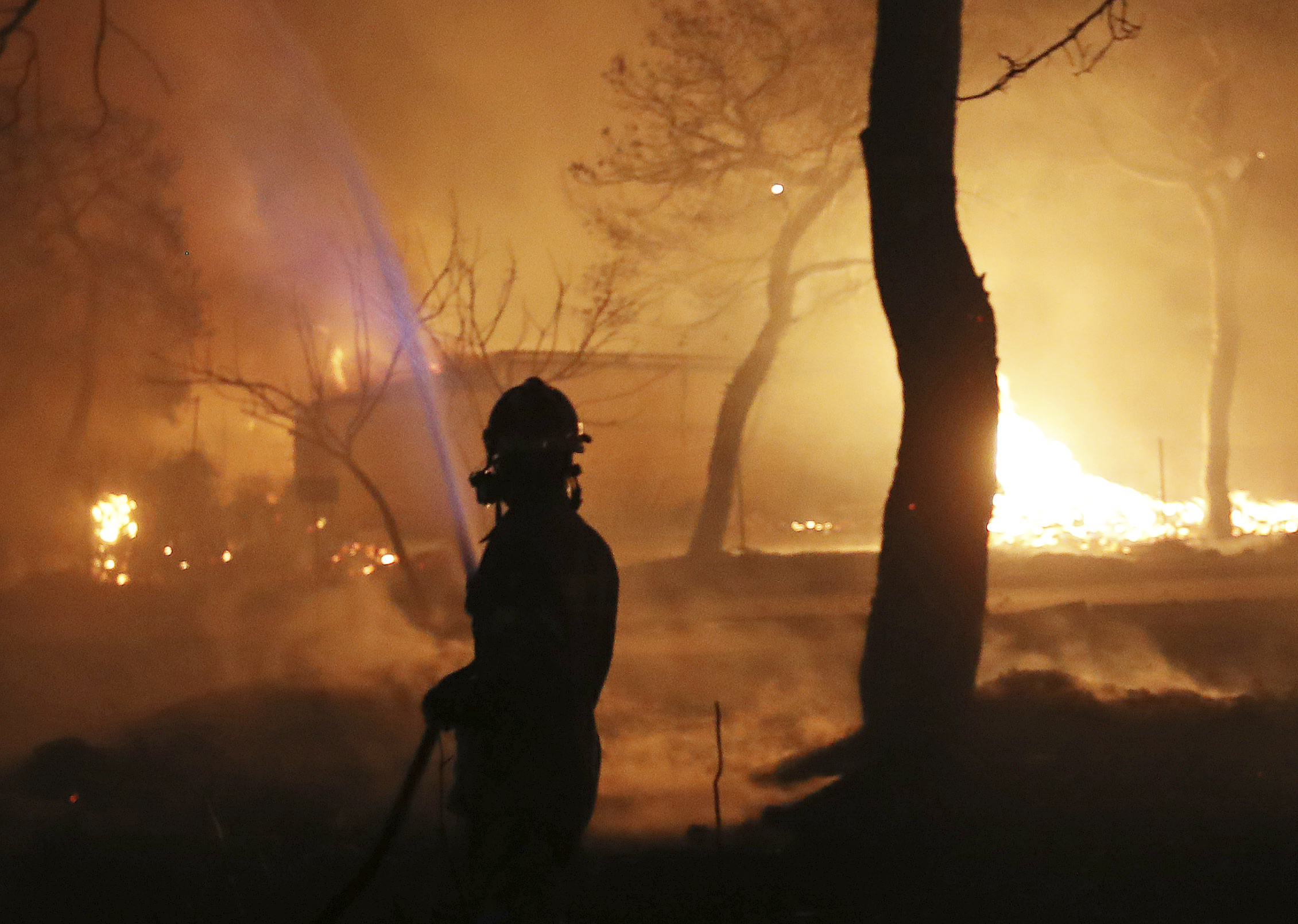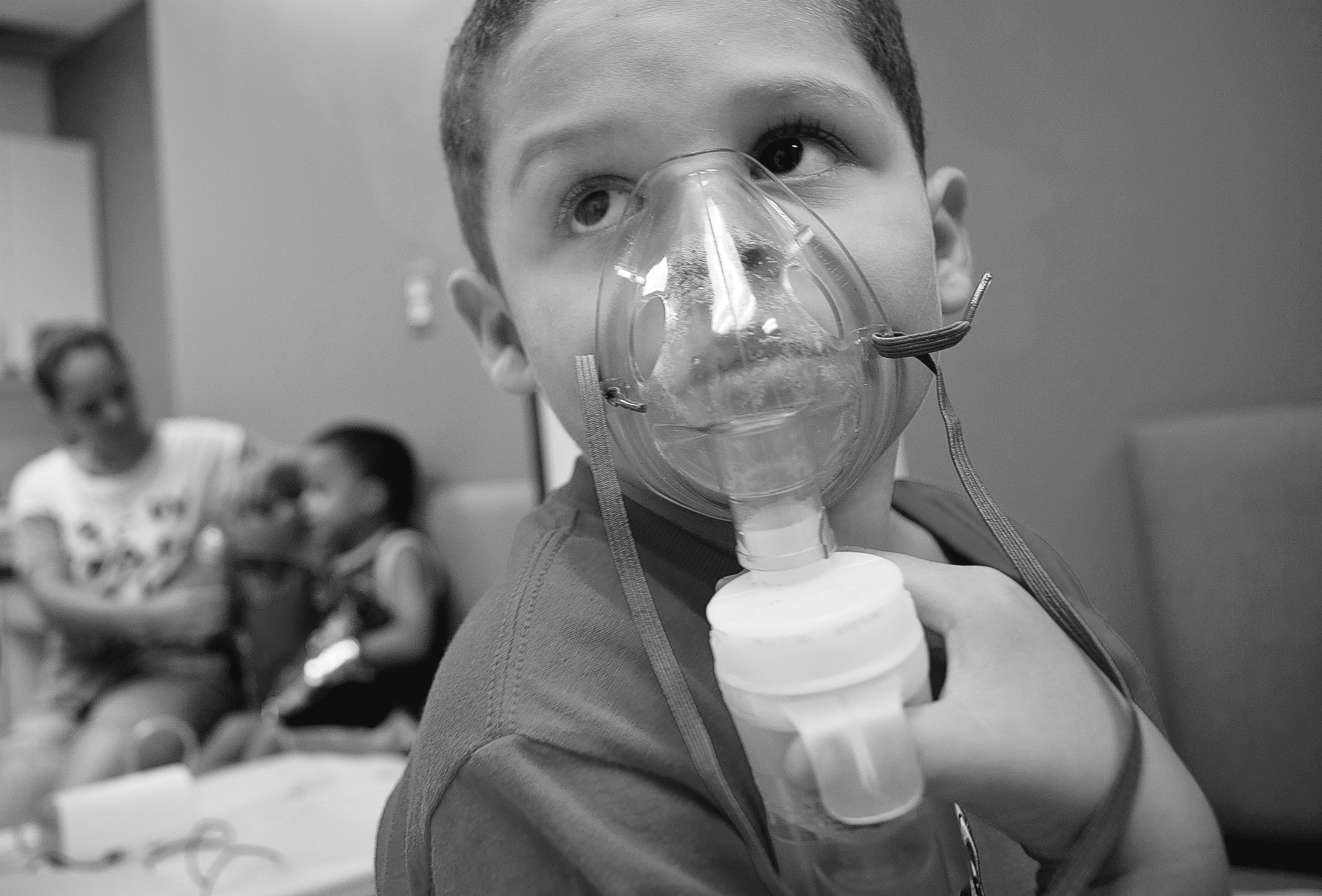
Pope Francis has given the church 19 new priests, ordaining the men in an elaborate ceremony Sunday in St. Peter’s Basilica, as the credibility of the Vatican and many of its clergy is threatened by widespread scandals of pedophile priests and systematic efforts at cover-ups.
Fifteen of the seminarians ordained by Francis are Italian; the others are from Croatia, Peru, Haiti and Japan. The seminarians’ ages range from mid-20s to 46.
Wearing white robes, the seminarians stood in three rows before the central altar after replying, “Here I am,” as their names were called one by one. Francis, reciting a ritual formula, asked if they were worthy to become priests. Later in the ceremony, the seminarians prostrated themselves in a sign of obedience to church authority and to God, on a carpet in front of the altar.
During his homily, Francis instructed them to never “tire of being merciful” toward the faithful who confess sins.
“Aware of having been chosen among men and appointed in their favor to attend to the things of God, carry out in joy and charity, with sincerity, the priestly work of Christ, solely intent on pleasing God and not yourselves,” Francis said.
Each seminarian knelt before the pope and held out his hands, which Francis rubbed with holy oil.
Francis urged the men to work toward “uniting the faithful in one unique family.”
But that family of the world’s more than 1.2 billion Catholics has been badly wounded and disoriented by decades of revelations that men who were ordained as priests, including some who later became bishops and cardinals, sexually abused children or were involved in cover-ups to avoid staining the church’s reputation.
Francis made no mention of the scandals or of his recent efforts aimed at preventing any more such harm, encouraging accountability by bishops and others in church authority and repairing the reputation of the Vatican and the papacy.
Last week, the pope issued a church law that requires all priests and nuns to report sexual abuse by clergy as well as cover-ups by their superiors to church authorities.
While appreciated by those who suffered abuse and those advocating for them as a significant step in handling the problem, the law stopped short of requiring such crimes to be reported to police and instead left that policing in the hands of bishops, whose ranks include those who botched the handling of abuse cases for decades.q
















